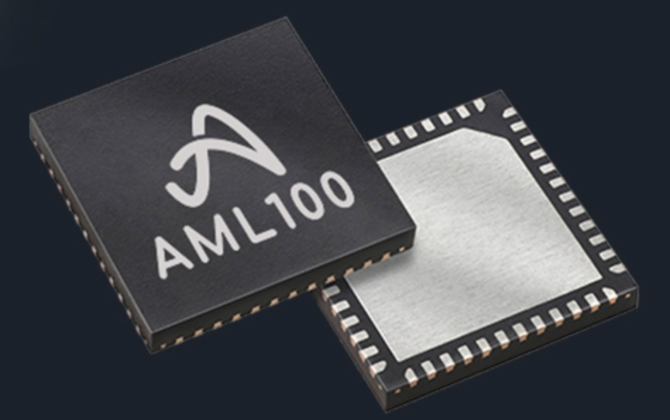
Aspinity launches near-zero power monitoring solutions for automotive security
EP&T Magazine
Electronics Semiconductors automotive security semiconductorComplete hardware/software solutions redefine the accuracy and efficiency of continuous monitoring for parked vehicles
Aspinity, a global developer of analog processing chips, has launched a suite of analogML algorithms for parked vehicle monitoring. Aspinity also launched a new dashcam-focused evaluation kit that enables the accurate detection and recording of security events for weeks or more without impacting the vehicle’s battery or requiring an external power source.
The number of sensors per car has grown rapidly as innovative automotive OEMs have implemented more real time monitoring applications for predictive and preventative maintenance, safety and security, infotainment, and more. While a vehicle’s power budget is stringent in any circumstance, always-on sensing is particularly challenging when the vehicle is parked since data collection and processing must happen without depleting the battery.
The result to date is that always-on security solutions can either be highly accurate, or deliver an extended parking mode, but not at the same time. The AML100 analog machine learning processor removes the power barrier so that vehicles can be continuously monitored for an extended period without having to worry about the vehicle’s battery.

The automotive evaluation kit detects relevant events more accurately than today’s commonly used g-sensor based solution. At CES 2024 in Las Vegas, Aspinity demonstrated a side-by-side comparison of event detection accuracy using a dashcam with a standard g-sensor and a dashcam with a single microphone and an AML100. Aspinity’s solution uses an acoustic-only trigger with analogML algorithms that have been trained specifically to identify automotive security events, which vastly outperforms the g-sensor in detecting relevant vehicle events such as the jiggling of the door handle, a neighboring car door opening into the vehicle, and a runaway shopping cart hitting the side of the car. The AML100 also specifically identifies particularly important security events, such as window glass breaking, so that the owner can be alerted immediately.
Additionally, Aspinity’s machine learning algorithms ignore sounds from events unrelated to the vehicle that often trigger the g-sensor like a neighboring car alarm, a blaring horn, or a large truck driving by.
“Aspinity recognizes that real-time sensing is the cornerstone of threat detection and prevention for unattended vehicles – but it must be done accurately and within a minimal power budget,” said Richard Hegberg, CEO, Aspinity. “Additionally, in competitive markets where every minute spent on design and development is expensive, we also understand the need to deliver easily deployable solutions that can deliver value-add features as quickly as possible. At CES, we integrated our automotive security evaluation kit with dashcam evaluation kits from multiple leading vendors to demonstrate that our solution can be implemented quickly into existing in-cabin designs and deliver the lowest power, most accurate AI front end solution for acoustic in-cabin monitoring.
